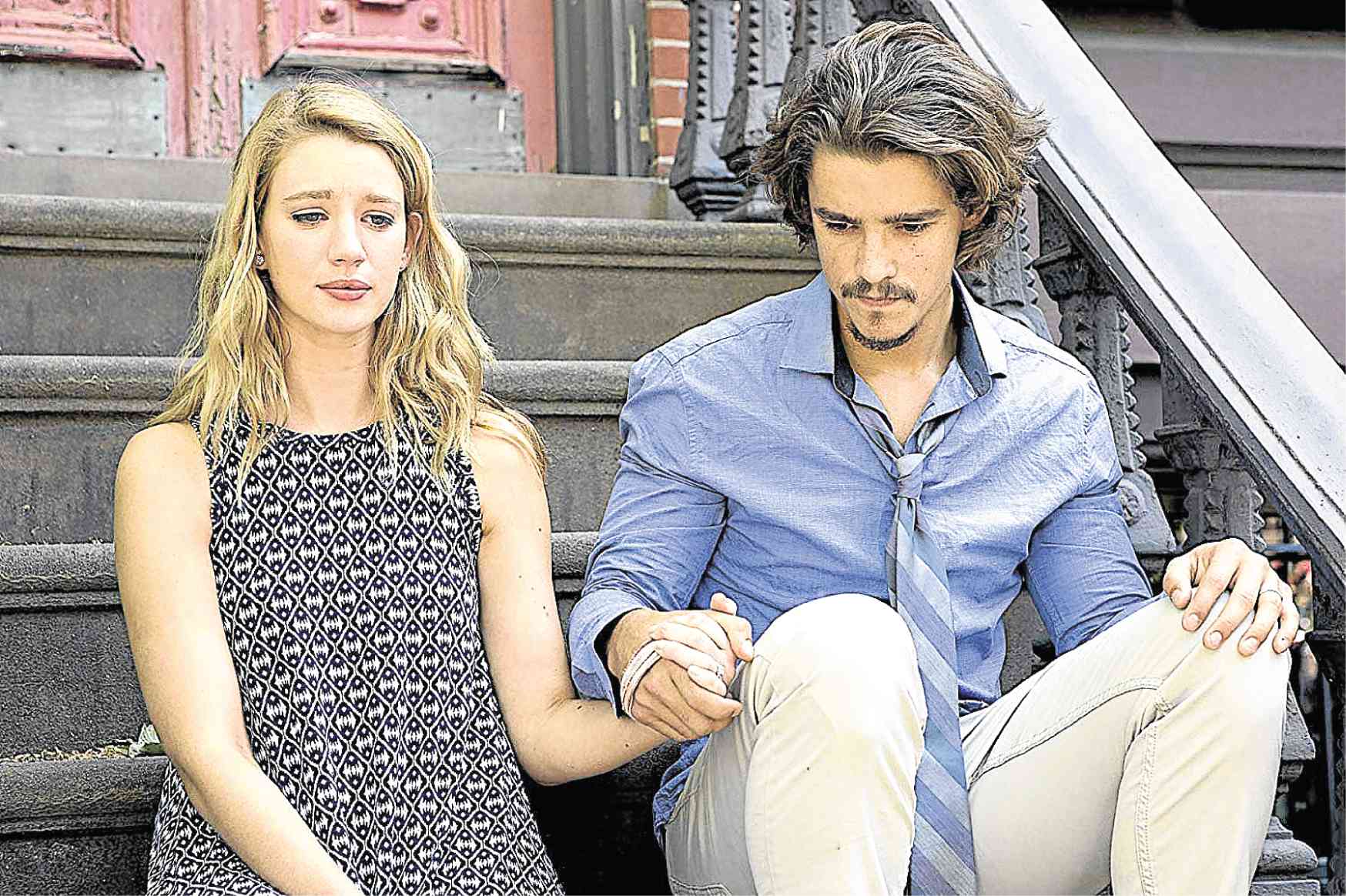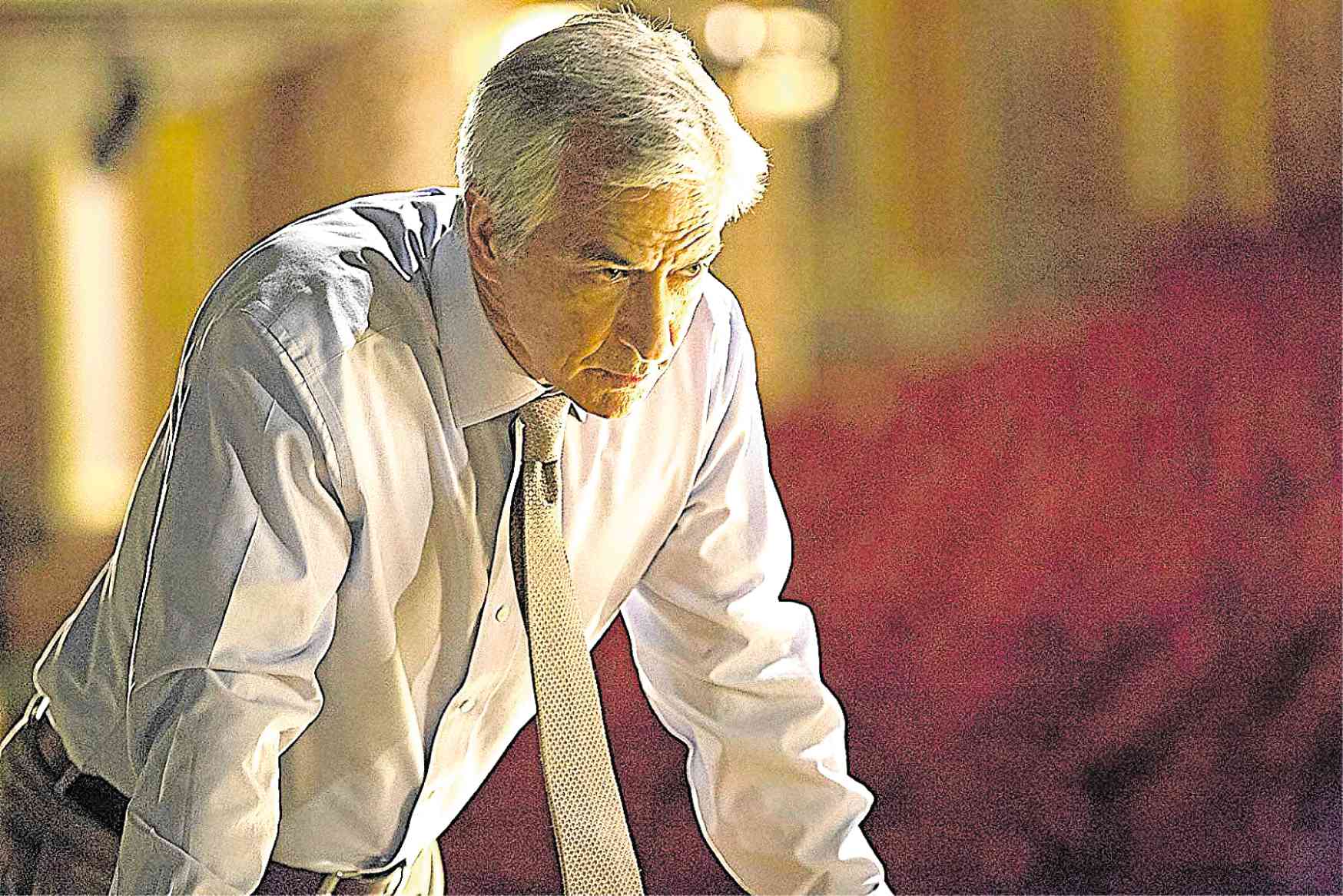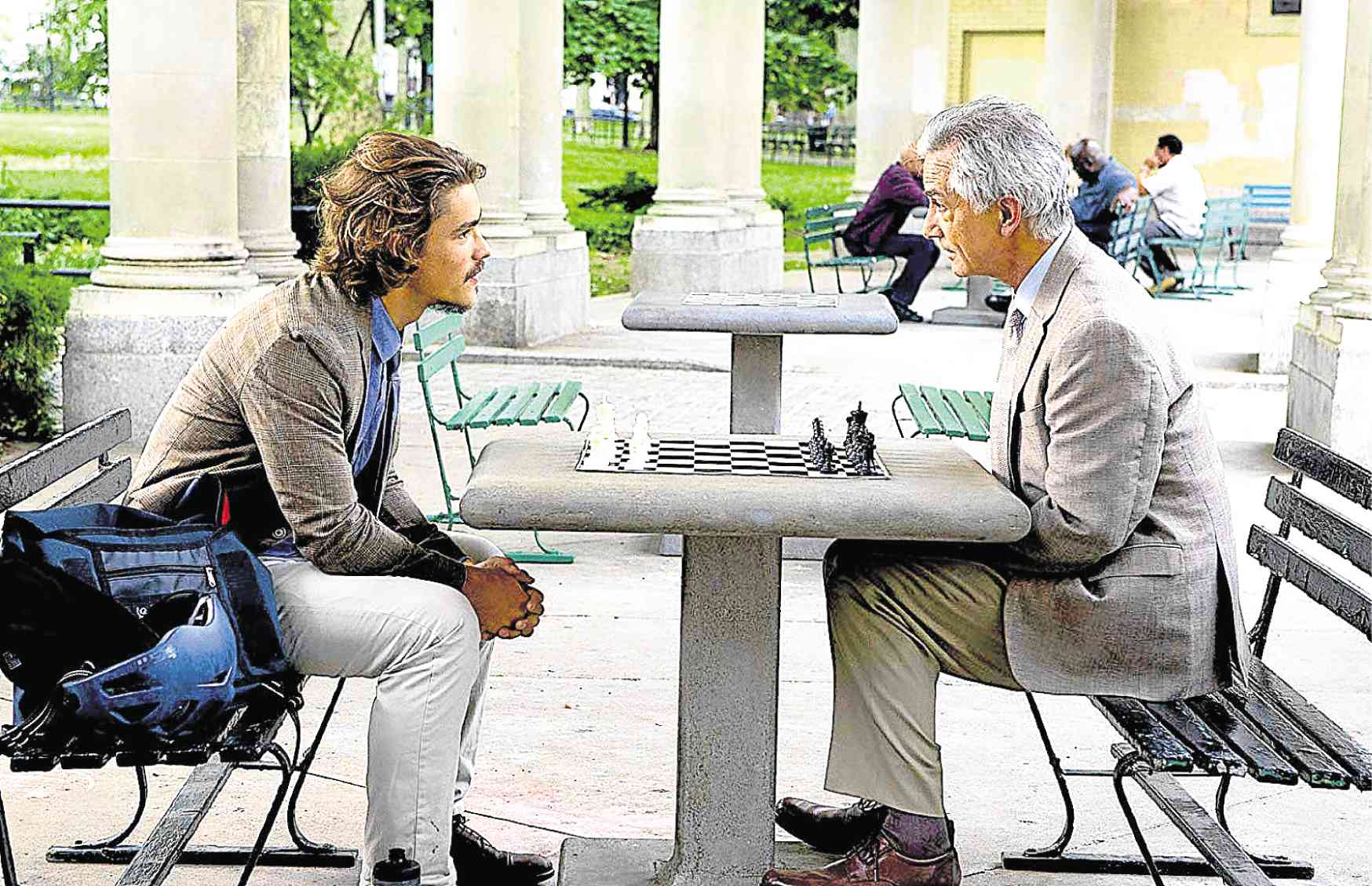Timely face-off with God
If you were granted an audience with God, what would you ask Him? In Perry Lang’s “An Interview with God,” journalist Paul Asher (Brenton Thwaites) gets the opportunity of a lifetime when someone claiming to be the Father Almighty (David Strathairn) grants him 30-minute interviews for three consecutive days.
At first, Paul thinks that the stranger is just another attention-seeking loon with messianic complex. But, when his interviewee starts calculating difficult mathematical problems correctly, Paul realizes there’s more to the old guy with a friendly smile than vacuous bluff.
Any writer worth his salt would have seized the rare chance to seek solutions and explanations for the incalculable and incomprehensible mysteries of the world.
After all, there are “big questions” out there—like, why do bad things happen to good people?—that are considered more rhetorical than realistic, simply because of man’s inability to fathom the depths of his faith. But, as David Strathairn’s God stresses, “Faith isn’t the goal; it’s just part of the process.”
Toxic ball of apathy
Yes, there are more enlightened souls in our midst who profess to know the answers, but questions such as the aforementioned are nonetheless being asked these days with increasing frequency—and urgency—because the world around us has become such a toxic ball of apathy or moral ambiguity. We need not point out how bad the situation has become, even in the Philippines.
But, Paul isn’t just another inquisitive writer waiting for his shot at the big time. He’s a man in the midst of a personal crisis—a troubled soul seeking solace from his problems, some of them self-inflicted.
Provocative premise
Paul is an Afghan war veteran who finds his marriage on the verge of collapse after he succumbs to an extramarital “miscalculation”—and his wife Sarah (Yael Grobglas) is about to leave him!
Even with its provocative premise, the well-meaning film doesn’t always work, however. But, while its exposition is occasionally weighed down by its meditative pace and meandering, going-’round-in-circles progression, as well as the lead characters’ restless yammering, it manages to raise pertinent questions about the nature of faith and free will, and soon demands self-examination from viewers.
When we aren’t fighting off somnolence, Paul’s dilemma reminds us of that famous dictum uttered by Socrates at his trial for impiety: An unexamined life is not worth living.


